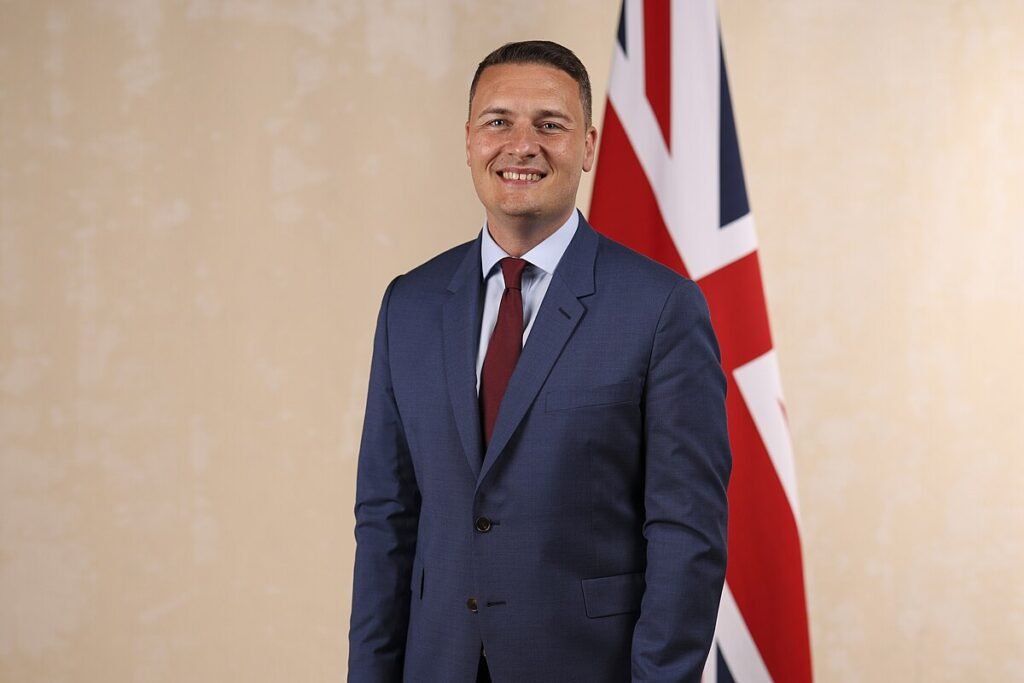On Tuesday afternoon junior doctors had a formal introduction meeting with the new health secretary, Wes Streeting in an effort to address the existing concerns about remuneration and conditions of service. According to both the sides, initial meeting was positive, although the detailed negotiations on the settlement will start only next week.
Why the Strike is Happening: Root Causes and Demands
Junior doctors have embarked on a strike action, which has its root cause in issues to do with their remunerations and conditions of service. Currently, the British Medical Association (BMA) junior doctors’ leaders have called for a 35% pay rise to help address pay cuts for many years. Also, junior doctors are displeased with their rotational training that implies relocation without prior notice and limited control over their work schedule. These are the factors that have created massive dissatisfaction among the workers and therefore have opted for a strike.

Current State: Optimism and Continued Uncertainty
About the first talks, only positivity has been expressed, but further strikes have not been excluded by the junior doctors. Being true to the words of Dr. Vivek Trivedi, a co-chairman of the BMA junior doctors’ committee and Dr. Robert Laurenson, the new government is approaching the dispute with much vigor. Nevertheless, they did not exclude further strike actions stating that their authorization to go on strike expires in September and will require reinstatement in that case. Currently, there are no plans to call for strike action, Dr. Laurenson stated, however, the issues in question cannot be easily valued or put a definite certainty on as to how fast things are going to need to be sorted out.
Ongoing Dispute and Potential Resolutions
The conflict has already resulted in eleven rounds of strikes in the last 16 months which roughly translates to 1. 5 million cancelled appointments. ALRB and Mr. Streeting have both claimed that they are hopeful of finding a solution to the conflict that is currently raging. A meeting of the Unite union was held and Mr. Streeting, before that, during the Future of Britain conference of The Tony Blair Institute, said that although it may not be reasonable to deliver the ‘headline 35 per cent pay demand,’ thus, pay restoration they considered as a process not an action.
In addition to the problems concerning payments, Mr. Streeting cited issues on the working environment and temporary training of junior doctors. He listed several treatment issues of concern he developed for employers and asserted that there is much room for improvement in several of them that make him angry. This suggests that there is scope in multiple domains regarding how junior doctors can be facilitated in their various tasks. Mr. Streeting’s remarks suggest that there is a considerable potential for pro-organizational changes in the junior doctors’ management and support that covers their placements and rotations.
Awaiting Formal Negotiations
As the official talks are planned to start next week, there is optimism in the air. Dr Trivedi said after the meeting, “We never went to this meeting with the hope of getting solving our problem today.We went there to be heard and be listened to which happened.To be resumed in the next few weeks to see whether a solution can be found or not or else more strikes will continue affecting the health care system.
This current disagreement demonstrates the problems inherent in the policies of the United Kingdom’s National Health Service (NHS) and establishes the importance of a constructive discussion and conflict resolution aimed at the needs of junior doctors for the stability and functionality of the healthcare system.








